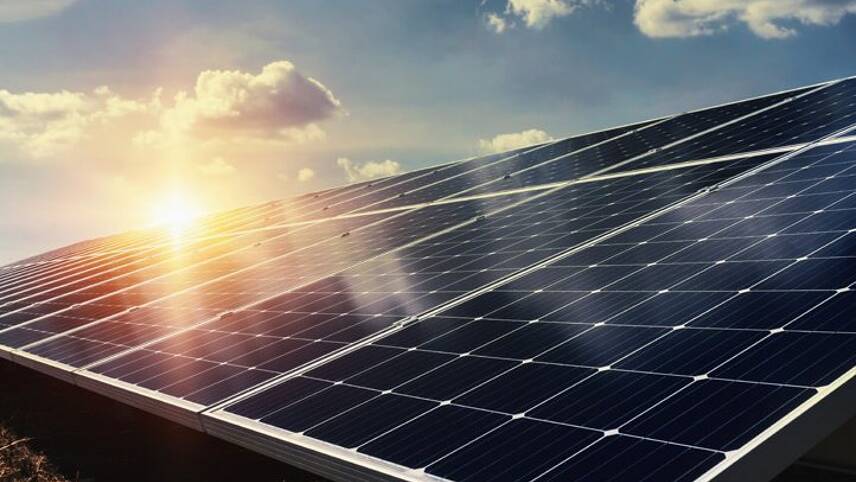Register for free and continue reading
Join our growing army of changemakers and get unlimited access to our premium content

The Local Electricity Bill has been championed by the campaign group Power for People, with the aim of enabling communities across the UK to source local clean energy. This, in turn, would reduce the UK’s dependency on volatile gas imports.
Power for the People has today announced that more than 300 MPs, including 116 Conservatives, and 102 local authorities have now backed the bill.
Power for People’s Director, Steve Shaw, said, “The biggest threat to human civilisation and the natural world is climate breakdown. Global emissions have increased by over 400% since 1950, with levels of CO2 at their highest concentration in the past two million years. It is not too late to turn things around – I know the power of campaigns like this.
“The enormous emissions reductions the Local Electricity Bill aims to bring must be a key pillar in our mission to avert climate catastrophe whilst making our energy system more robust and boosting local jobs and the economies of communities across the country.”
Currently, UK customers can purchase electricity from nationally listed utilities. Organisations that are also supporting the Bill – including WWF, Greenpeace, Friends of the Earth and the RSPB – believe that more powers need to be issued to power community renewable energy projects.
The campaigners argue that the Bill could enable community renewable energy capacity to grow twentyfold by 2030 to account for 10% of UK electricity generation.
The group is now calling for more MPs and the Government to back the Bill. Currently, supporters of the Bill, including Conservative MP, David Johnston, are in talks with the Government’s Energy Minister, Greg Hands MP, and his department.
In his response, the Energy Minister stated: “The Government recognise the role community and locally-owned renewable energy schemes can and do play in supporting the UK’s national net-zero targets … [Community groups] can be a catalyst in the promotion of behaviour change, which we all know is vital to reaching net zero.”
Russian sanctions
The UK has this week made a landmark decision to stop importing Russian oil and related projects this year.
The Department for Business, Energy and Industrial Strategy (BEIS) said in a statement that the phase-out will “allow the UK more than enough time to adjust supply chains” but will also “step up the international pressure on Russia’s economy. The UK has already banned Russian ships from UK ports.
Russia is the world’s third-largest oil producer and exporter, beyond only the US and Saudi Arabia. Oil accounts for 44% of all Russian exports, generating 17% of the Russian federal government’s annual revenues. Yet, because of Russia’s invasion of Ukraine, its export markets are fast dwindling.
The UK is not the only major economy to announce fresh measures to end Russian fossil fuel imports. The European Commission has outlined plans to accelerate some of the EU’s plans on renewables and gas storage, with the ultimate aim of becoming independent from Russian imports “well before” 2030. These plans have been called ‘REPowerEU’. They will shortly be put to the bloc’s Member States at a meeting in Versailles.
Elsewhere, US President Joe Biden has today announced a ban on all Russian energy imports, starting with oil, which will be phased out in 2022.
Matt Mace


Please login or Register to leave a comment.